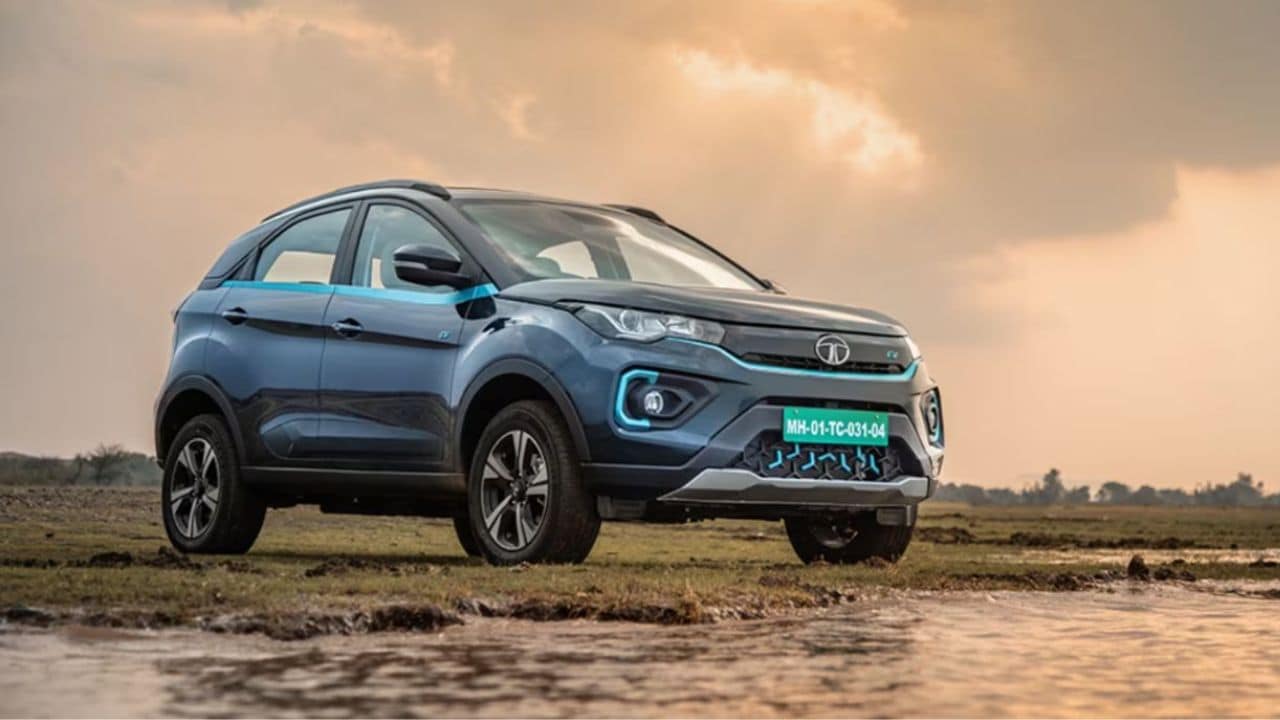Just a day after Elon Musk’s Tesla temporarily slashed the prices for some Model Y cars in the US to boost sales, Tata Motors on February 13 became the first Indian automaker to announce price cuts for its electric vehicle (EV) car models, as per CNBC TV18.
Tata Motors has attributed the price cut to reduced battery cost, the benefit of which it has passed on to the consumer. However, introductory prices of the recently-launched Punch.ev remain unchanged as they already factor in a reduction in battery cost in the foreseeable future, the firm said in a statement.
The car maker’s move comes at a time when the EV penetration in passenger cars continues to hover around 1.5-2%, according to the Federation of Automobile Dealers Associations (FADA).
It must be noted that even as FADA has released the auto retail data for January, it has yet to release specific details on EV sales.
In terms of two-wheelers, the government in May 2023 decided to slash the subsidy under the Faster Adoption and Manufacturing of (Hybrid &) Electric Vehicles in India (FAME India) scheme on electric two-wheelers. Following this, two-wheeler sales took a sudden hit in June 2023 and have since increased but moderately. But, that seems to be stabilising now.
Manish Raj Singhania of FADA president told CNBC-TV18 that after the FAME II subsidies were slashed, there was a price correction and an increase in prices, following which the penetration of EV two-wheelers went down to as low as 3.5-4%.
“But now it is back to 5-5.5%. The market has accepted the new higher price point and the expectation of dealers from the two-wheeler industry is very much there,” he said.
However, most recently growth in EV two-wheelers sales has seen a dip since January with uncertainty around the continuation of FAME subsidies.
Sources have earlier told CNBC-TV18 that the government is considering a Rs 12,500 crore FAME III for two years with a reduced outlay per product. This would mean that EV companies would have to consider a zero subsidy scenario in the next two to three years. All of this could impact margins, cost and demand.
Meanwhile, carmakers globally have said that the pace of EV growth has slowed, which has created some uncertainty. For instance, General Motors and Ford had previously cut EV production due to a growth rate that was rising more slowly than previously expected. Tesla CEO Elon Musk too had in January underscored the near-term struggles, warning last week of a sharp slowdown in sales growth this year.
Back home, Singhania explained to CNBC-TV18, “We need to see a lot of new models coming in, various price points to play with a better range and better availability of charging stations for higher penetration of electric vehicles in passenger cars.”
Three-wheelers are leading the chain as there has been almost 55% EV penetration in the three-wheeler space, he said.
According to Singhania, the next trend is expected from the two-wheeler industry. Over four to five years, the auto dealer community expects around 35% penetration of electric two-wheelers with the new price points and with the eventual withdrawal of subsidies, he said.
